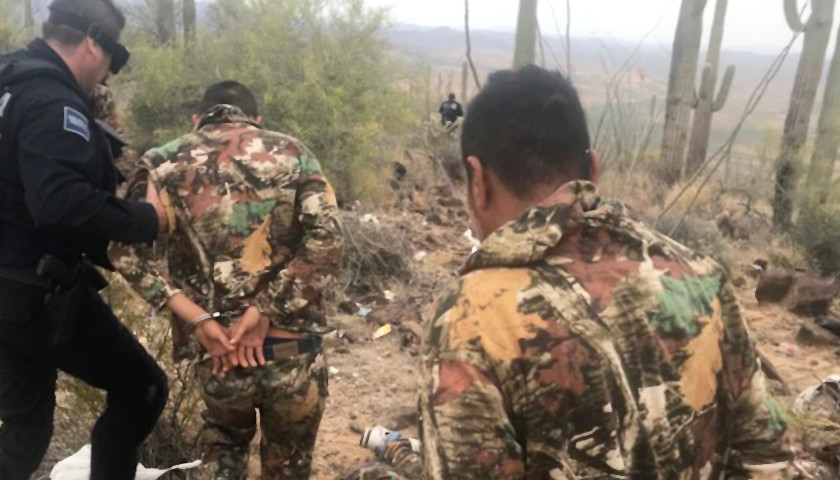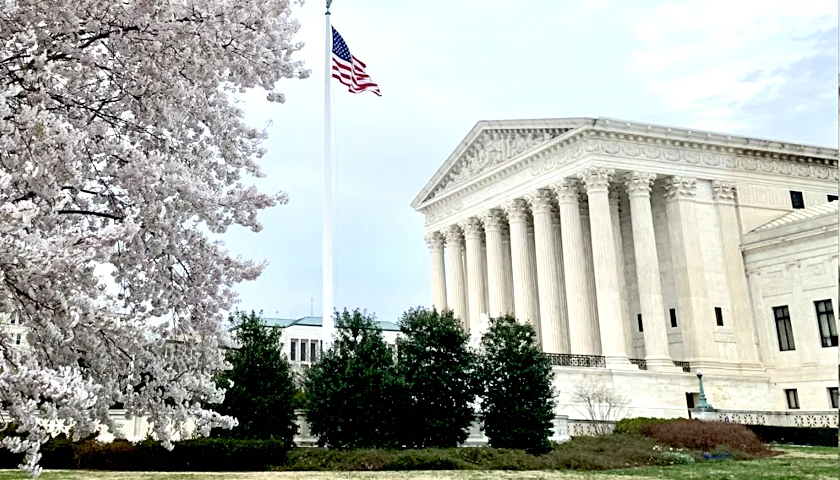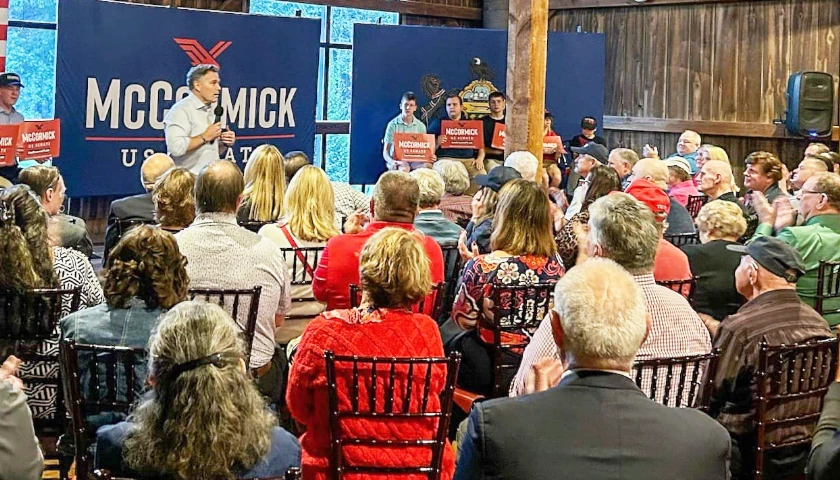by Todd DeFeo
Ohio lawmakers are weighing a push to designate Mexican drug cartels as foreign terrorist organizations, a move that could send additional resources to help the state fight the influx of drugs.
House Concurrent Resolution 10 calls on the federal government to levy the foreign terrorist organization designation for drug cartels. The move is gaining traction across the country.
Gov. Mike DeWine has made fighting the opioid epidemic and drug abuse a centerpiece of his administration. A recent analysis from WalletHub found Ohio tied for first – along with Pennsylvania, West Virginia and the District of Columbia – for the most overdose deaths per capita.
“Cartels have left a trail of blood and intimidation with their ruthless acts of violence,” Derek Maltz, who worked for 28 years as a special agent in the Drug Enforcement Administration (DEA), told members of the House Criminal Justice Committee. “The cartels engage in beheadings, car bombings, dissolving humans in acid, mass murder, torture, bombings and political assassinations. They want control.”
Maltz said transnational drug cartels operate like Fortune 500 companies, but their tactics are similar to terrorist organizations. Designating an organization a terrorist organization allows the federal government to seize its assets, Maltz said.
“Long overdue for this designation in Washington, but they’re asleep,” Maltz said. “They’re not getting it done, and people are dying.”
In April, Indiana State Police seized six kilograms of fentanyl destined for Ohio following a traffic stop on Interstate 70. Maltz said this volume of fentanyl – which he compared to a weapon of mass destruction – could kill up to 3 million people, roughly 25 percent of the state’s population.
“We are up against a monster that is willing to do anything to take our country over and continue to make money off of it as long as we allow them to perpetuate that behavior,” investigative reporter and Fox News Channel contributor Sara Carter told committee members. “The willingness of this committee and the state of Ohio to make this stand is something no other state is doing.”
The Drug Enforcement Agency (DEA) has designated Columbus and Dayton as major cartel distribution points, Carter said.
Heidi Riggs, whose daughter, Marin, died seven years ago at the age of 20 from a heroin overdose, urged committee members to pass the resolution.
“The Mexican drug cartels don’t fly planes into buildings, but they aggressively ship poison into our communities,” Riggs told committee members. “They control and destroy families. … If this epidemic is not stopped, it will eventually change the landscape of our state and nation forever.”
State Reps. Scott Wiggam, R-Wooster, and Phil Plummer, R-Dayton, the former sheriff of Montgomery County, sponsored the resolution.
In a separate move, Ohio could spend $11 million over two years to create and operate the Governor’s Office of Drug Policy to combat drug addiction and overdose deaths. Concurrently, lawmakers are weighing a bill to lower the penalties for some low-level, nonviolent offenses, such as drug possession offenses.
– – –
Todd DeFeo is a contributor to The Center Square.






There have always been small marijuana growers in CO, small crops grown in a barn with grow lights, waiting for the day pot got legalized. I know one of these guys.
He told me the other day that as soon as pot was legalized in CO, the Mexican cartels moved in, and either threatened or extorted many of the small growers until they sold their farms, over half of them.
The small cottage pot business is now run by Mexican organized crime. He fears for his life.